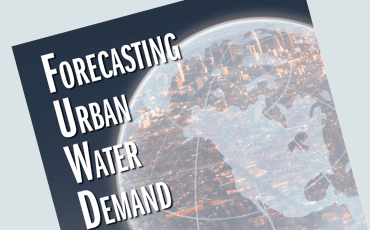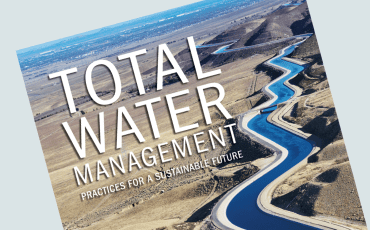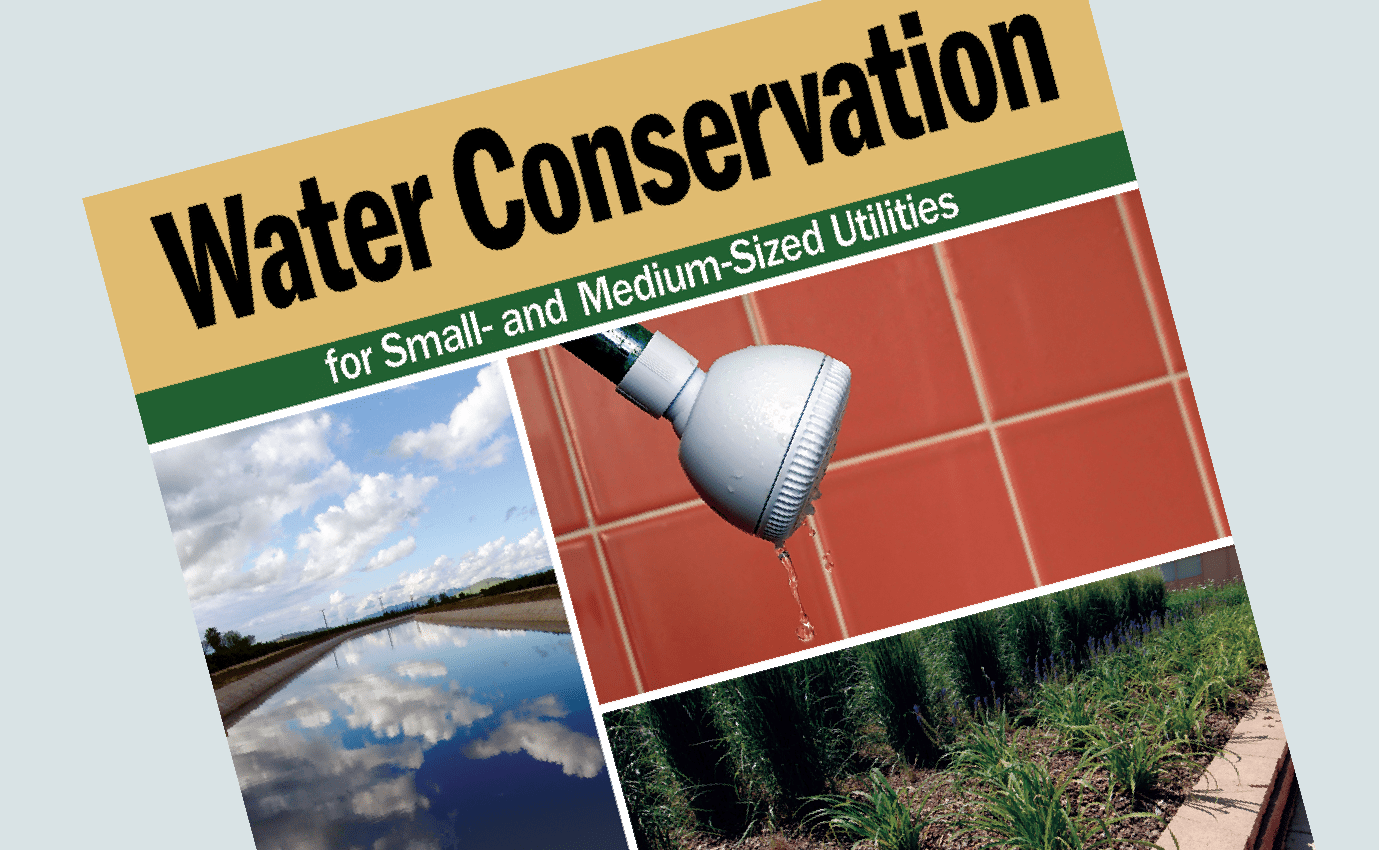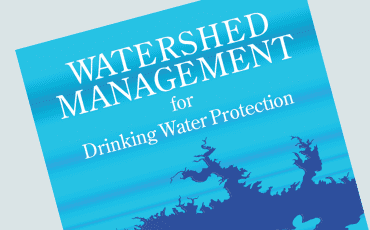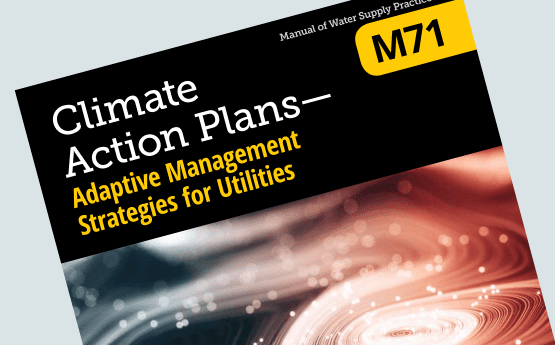Climate Change


Climate Change
Climate variability impacts the hydrologic cycle, source water, and water demands and in turn the long-term quantity, quality, and reliability of water supplies. Addressing impacts due to climate change includes assessing risk and uncertainty as well as improving resiliency and sustainability in utility management, facilities, and water sources.
Resources
Incorporating Climate Change Impacts Into Demand Forecasting – A Guidebook for Practitioners
The guidebook, Incorporating Climate Change Impacts Into Demand Forecasting, offers practical and actionable insight for incorporating climate change impacts into utility demand forecasting. Focusing on a synthesis of available literature, as well as a variation of forecasting techniques, this guidebook can serve as an aid to utilities of all sizes in planning for and responding to the pressures of climate change.
Designing and Evaluating Effective and Ongoing Drought Communication
Timely and effective communication is a key element of any drought campaign implementation. While there are many best management practices and strategies, the following are essential for a successful modern drought communication campaign:
- Embrace digital communication
- Create a plan
- Maximize your resources
- Evaluate your metrics
This guidebook is packed with best management practices and key drought and water shortage communication strategies along with resources needed to ensure program success.
Technical Resources
Reports
Manuals
AWWA Standards
M19 Emergency Planning for Water and Wastewater Utilities
This manual presents an all-hazards approach for principles, practices, and guidelines in water utility emergency planning.
Get the Manual
M50 Water Resources Planning
This comprehensive, how-to manual and guide demonstrates how to produce a long-term Integrated Resource Plan for a water utility. It helps water resources planners develop and implement a comprehensive work plan that responds to technical and institutional questions that must be addressed before deciding how to develop new water supplies.
Get the Manual
M52 Water Conservation Programs
This manual provides water utilities and other industry professionals with the skills and information to develop, implement, and measure the success of a water conservation program.
Get the Manual
M60 Drought Preparedness and Response
This manual will help water managers facing water shortages by illustrating how to employ tried-and-true strategies and tactics of drought mitigation, as well as introducing new tools and methods.
Get the Manual
M71 Climate Action Plans — Adaptive Management Strategies for Utilities
This manual provides comprehensive global guidance providing the relevant information required to develop a Climate Action Plan (CAP).
Get the Manual

Advertisement
Events With a Focus on Climate Change
See All Events
External Resources
EPA Creating Resilient Water Utilities Initiative
EPA Climate Change Water Sector
Water Utility Climate Alliance
US Department of Interior Climate Science Centers
US Global Change Research Program
Climate Change at the National Academies
NOAA Climate Change Impacts
NCAR/UCAR C3WE Program
Environment and Climate Change Canada
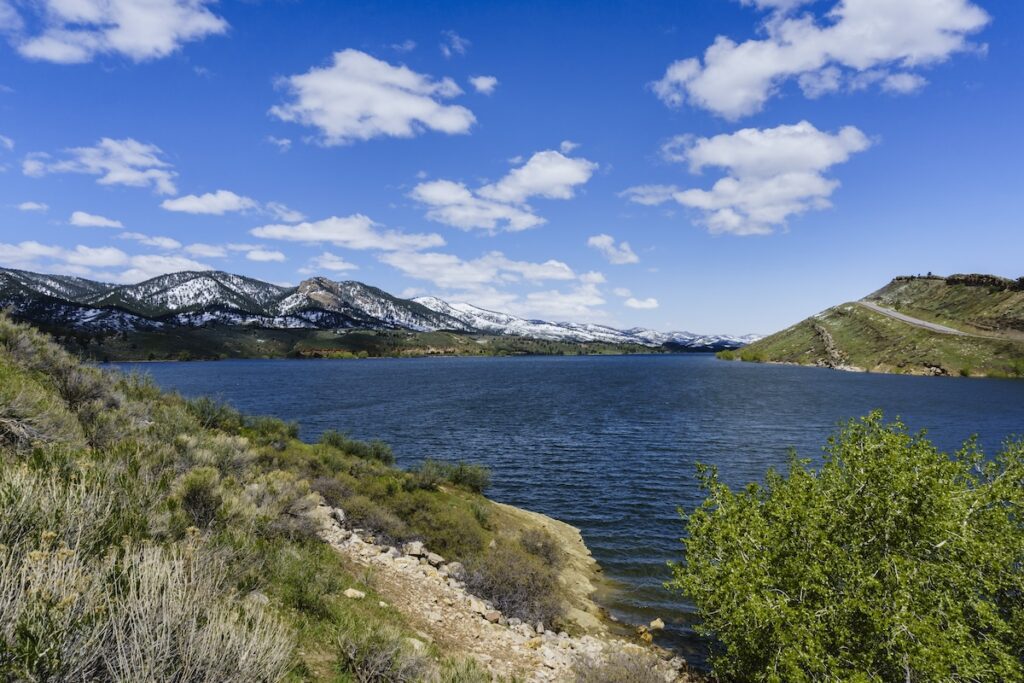
AWWA Policy Statements
AWWA’s policy statements are brief statements on protecting and improving water supply, water quality, management, and the interests of the public and the environment. They are written by consensus, subject to review and comment by AWWA committees, councils, and members. Because they represent AWWA’s position on these matters, they are approved by the AWWA Executive Committee of the board of directors.
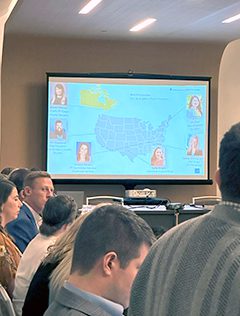
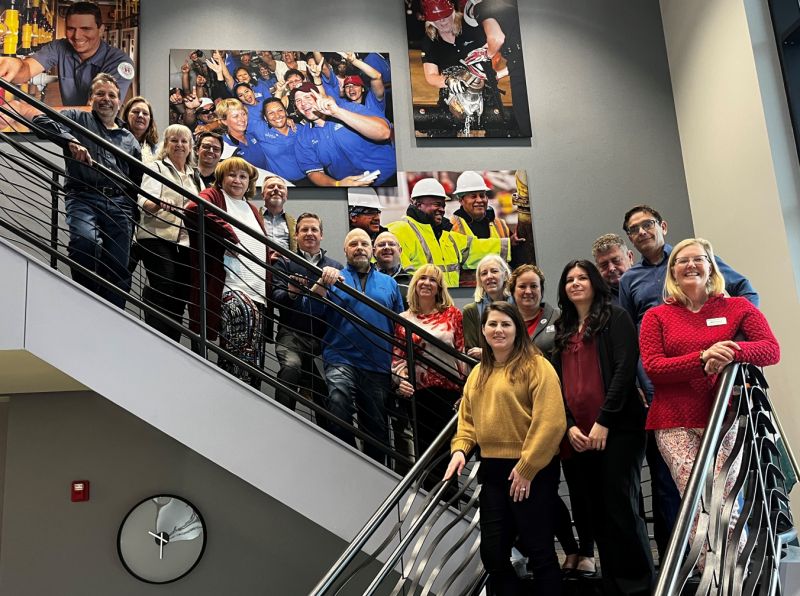
Technical Committee Engagement
AWWA members are recognized globally for their industry expertise and their generosity in sharing that expertise for a better world through better water. AWWA members participate in committee activities, developing conference programs, writing technical manuals, developing standards, creating educational content, and contributing to AWWA publications. Committee members primarily interact through conference calls, emails, and face-to-face meetings at conferences and events.
Climate Change Committee
Water Resources Planning and Management Committee
Source Water Protection Committee
Advertisement
